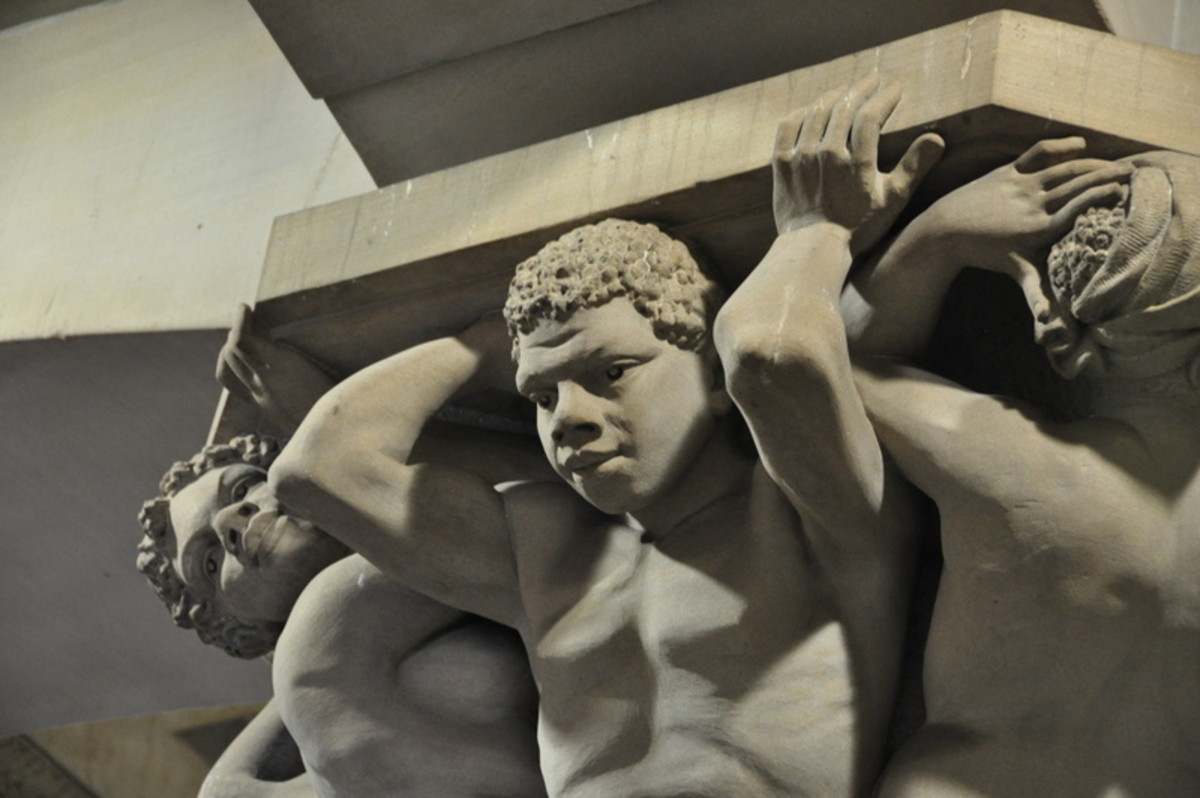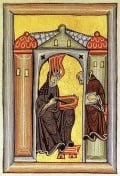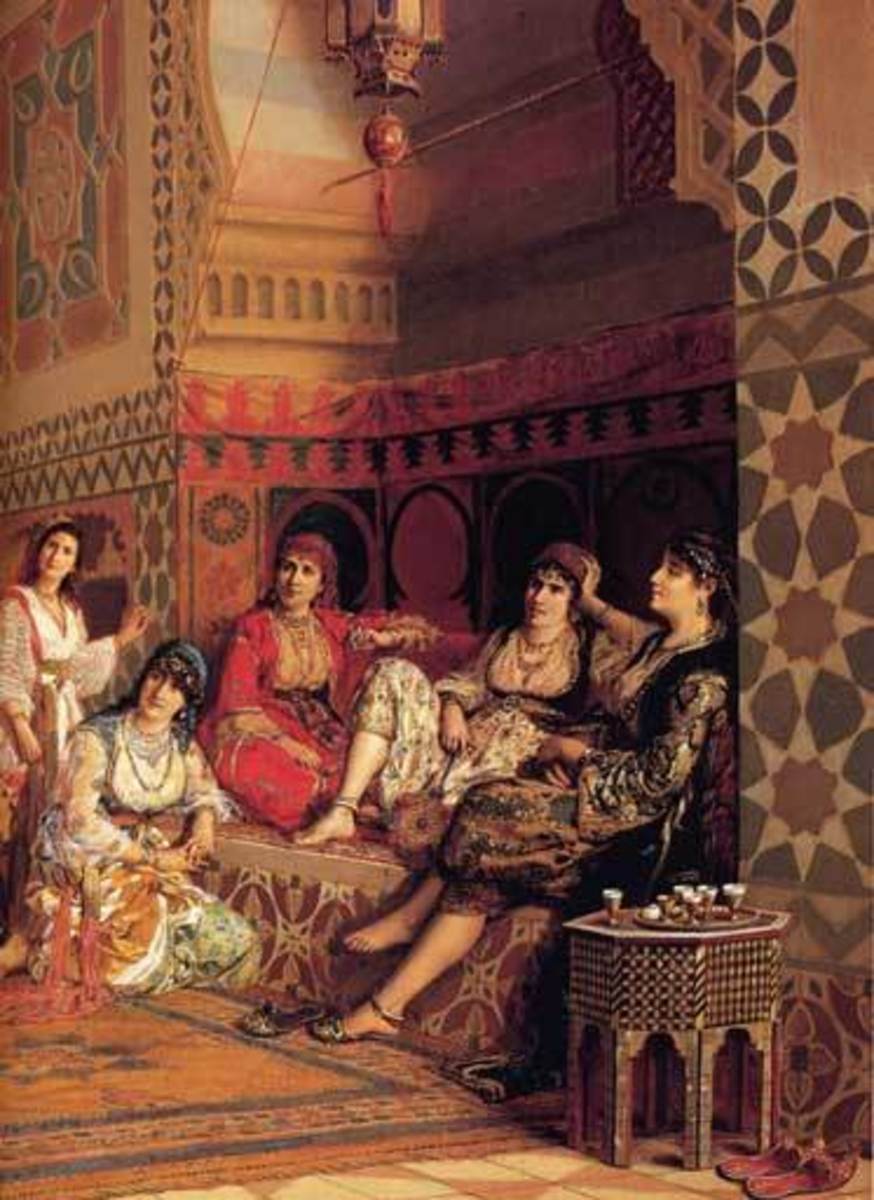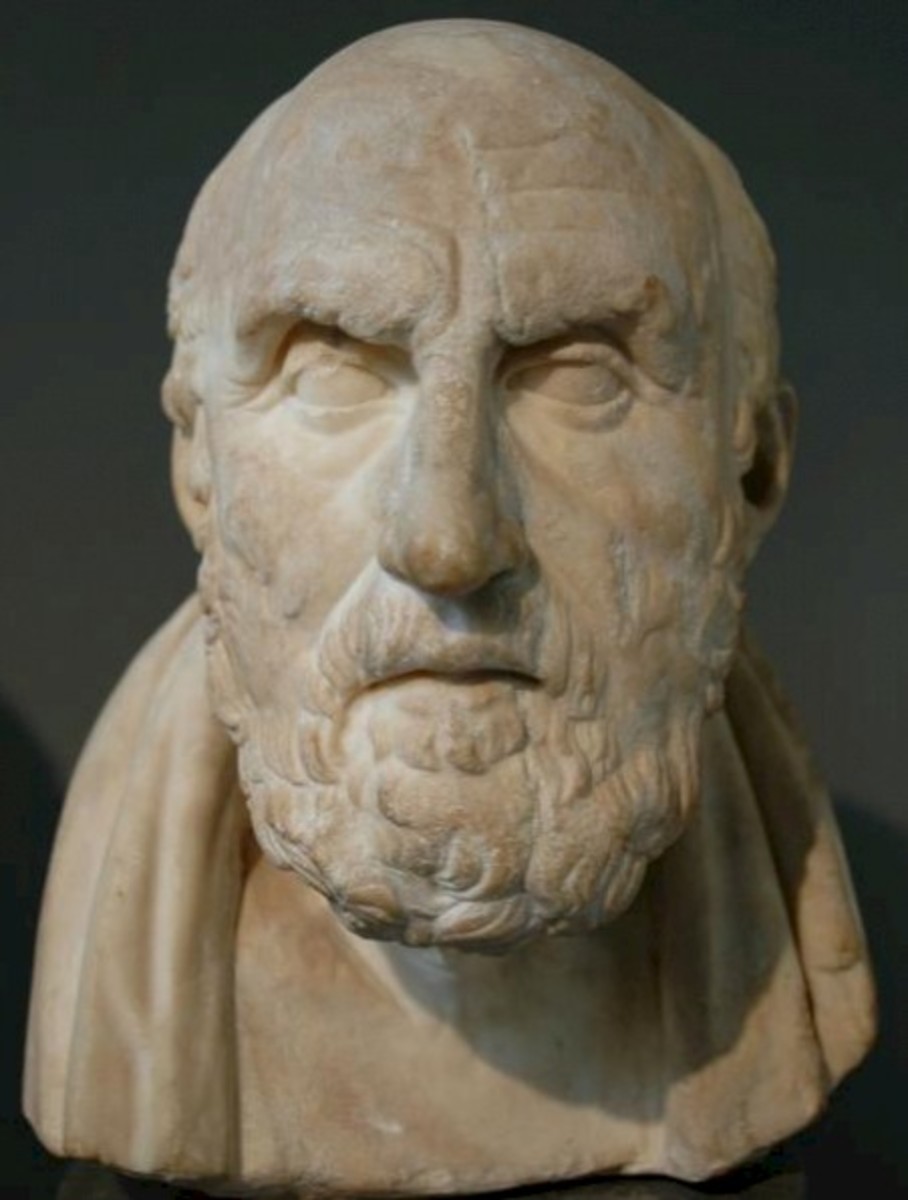A Different View On Slavery
A Brief History Of Slavery
What is slavery?
According to Wikipedia slavery is any system in which principles of property law are applied to people, allowing individuals to own, buy and sell other individuals. Slaves do not have any rights and are bound to their owner and most of the time they participated in forced labour. It was often that slaves were punished or killed by their masters for no reason at all.
How far back can we trace slavery?
It is difficult to pinpoint exactly when slavery began as it dates from before written history. Scientists believe that for thousands of years slavery was practised by hunter groups in Africa.
During the Ancient era slavery gained popularity as cities grew and became more and more organized. Most notably slavery was practised in both Ancient Greece and Ancient Rome. There slaves were used as a forced working hand but also as Gladiators, sex slaves and other. Despite the popularity of slavery in that era the trading of slaves wasn't as popular. More often than not slavers looked for people who could make use of certain skills the slaves could offer. Becoming a slave back then was also largely due to birth in a slave family, being largely in debt or as a punishment for certain crimes. It is also worth noting that slaves at that time lived better than some of the peasants in the country, as they received good care, food and clothes.
Slavery was popular around the world up until the Middle ages when it was abandoned in most European countries but persisted in Eastern Europe, especially in the Ottoman Empire.
Slavery was also introduced to America in the early 17th century and was abandoned in 1863.
Unfortunately slavery continues to exist in some parts of the world today as it is estimated that around 40 million people live an enslaved life. Modern day slavery mostly includes people being forced to work against their will, be it force labour, prostitution, human trafficking and many more.
What Is Natural Slavery?
There have been examples of people trying to justify slavery in the past. Unlike those people, some great philosophers didn't try to justify slavery as a result of their own interests. They did it with the best possible intentions.
Natural slavery is the brainchild of the great philosopher Aristotle. His idea suggested that people were born in two kinds- slaves and non-slaves. The first were born to serve their master, whereas the latter were born rulers. He explained that natural slaves should be slaves under any circumstances, because they lacked some qualities. According to him they couldn't think properly and without their master they wouldn't know how to lead their life.
Natural slaves, according to the Greek philosopher, were living tools that were only capable of completing their given duties as they were mentally capable only of that.
And indeed the use made of slaves and of tame animals is not very different; for both with their bodies minister to the needs of life.
Aristotle, Politics
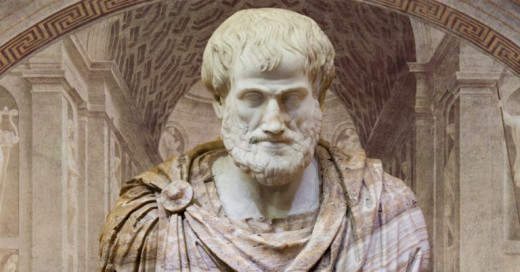
Who Supported Natural Slavery?
Aristotle was the first to present this idea to society, however he was not the last. Natural slavery was also supported by Plato and Homer who both ad similar views on the topic.
...nature herself intimates that it is just for the better to have more than the worse, the more powerful than the weaker; and in many ways she shows, among men as well as among animals, and indeed among whole cities and races, that justice consists in the superior ruling over and having more than the inferior.
Plato, Gorgias
Natural slavery was also brought up by some christian theologians such as St.Augustine. He suggested that slavery wasn't a natural occurrence but rather the result of human sin and the Fall of Man.
The prime cause, then, of slavery is sin, which brings man under the dominion of his fellow -- that which does not happen save by the judgment of God, with whom is no unrighteousness, and who knows how to award fit punishments to every variety of offence.
St Augustine, The City of God, 19:15
This content is accurate and true to the best of the author’s knowledge and is not meant to substitute for formal and individualized advice from a qualified professional.



